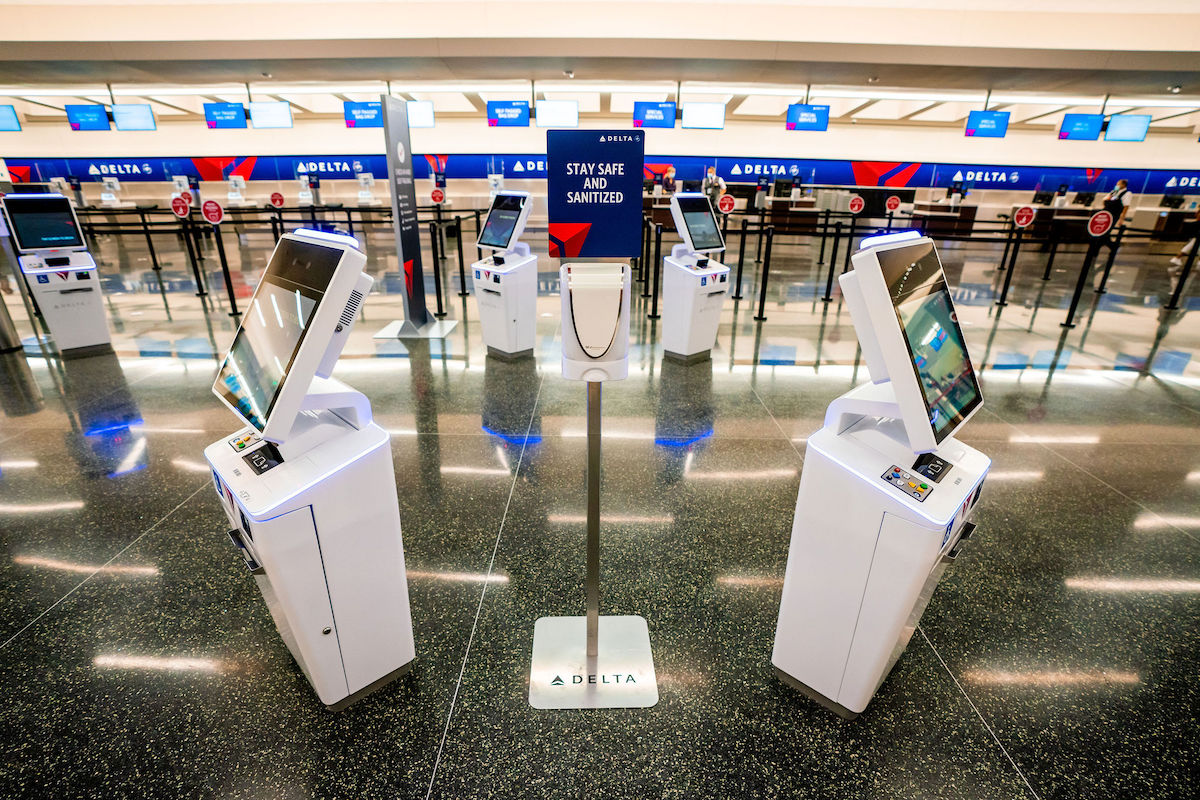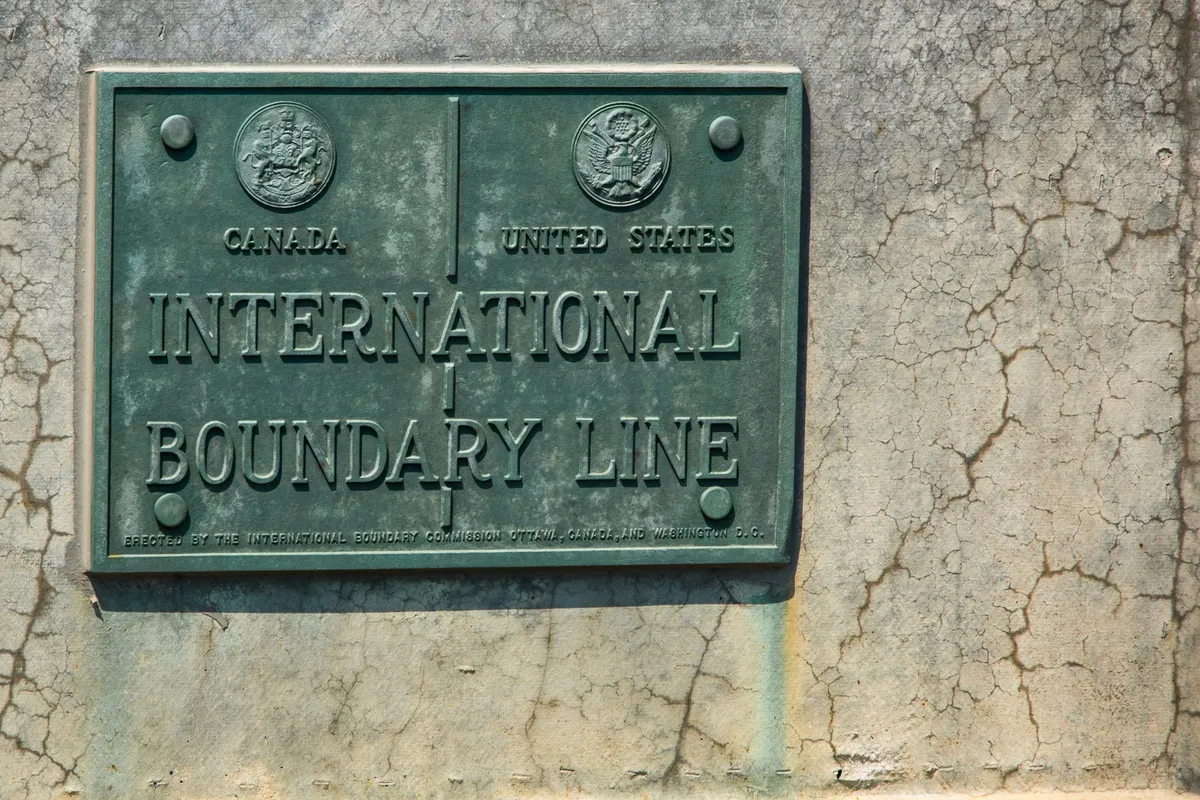Delta Profit Intact After Controversial SkyMiles Changes

Skift Take
Delta Air Lines hit a nerve with loyal fliers when it upended elite status qualification in its SkyMiles loyalty program last month. Customers provided the carrier with ample feedback of what CEO Ed Bastian described as a "360 [degree] view" of the controversial changes.
One thing that Delta did not see? Any drop in bookings or usage of its lucrative co-branded credit card with American Express.
"We're not seeing any change in trajectory, rather, on acquisitions or changes in spend levels," Bastian said during Delta's third-quarter earnings call on Thursday. "Everything continues to stay intact."
The airline brought in $1.7 billion under its credit card deal with American Express in the third quarter. That represents 11% of Delta's total revenue – $15.5 billion – for the period. Delta President Glen Hauenstein said Thursday that the carrier remains on track for $7 billion in total credit card-related revenue in 2023.
That hits at the crux of the issue: Delta changed its SkyMiles loyalty tiers to reflect what it values most — money. And, while the blowback from the changes has been loud, if the revenue has not changed, the incentive for significantly rolling them back is minimal.
"We need to go back and reassess the planned rollout for the new qualification levels," Bastian said. He did not mention any further changes to, for example, access to its Sky Club lounges that the recent update restricted, particularly for credit card holders.
Delta plans to release the updated program requirements within "the coming days," he said.
Here are four more highlights from Delta's third-quarter call.
Mixed Demand Picture
"Steady" was the word used most frequently by Delta executives to describe the travel demand outlook, particularly in the domestic U.S. market. On one hand, steady is not bad given the steep run up in demand post-Covid; that heady growth could not continue forever.
On the other hand, it's definitely a slowdown from the "strong" and "robust" description of demand that executives gave in July. The focus comes as airlines catering to the low, price-sensitive end of the U.S. market, including Breeze Airways, Frontier Airlines, and Spirit Airlines, have said they see demand weakening.
Delta, to be clear, has positioned itself as the premium U.S. airline, something United Airlines is now trying to copy. That focus paid off for Delta in the third quarter, with premium passenger revenues growing faster than economy passenger revenues — 17% versus 12% year-over-year. Premium revenues made up 39% of Delta's $13.1 billion in passenger revenues in the period; a percentage point higher than last year, and four-points higher than in 2019.
And not all travel demand is steady. International travel demand, particularly to Europe and Asia, continues to improve. In Asia, the region least recovered in Delta's network, revenue jumped 65% on a 70% increase in capacity compared to 2019.
Corporate travel volumes, which have hovered at around 80% of 2019 levels for a while, are rising, Bastian said. Just how much though is unclear. He cited double-digit volume increases in two of the least recovered corporate sectors: financial services and tech. Bastian did not say where corporate travel volumes stand today in relation to before the pandemic.
One weight on the corporate recovery at Delta are industrial actions in the entertainment industry by actors and writers, and among some autoworkers represented by the UAW union. These have had a "not insignificant change" on corporate bookings in Detroit and Los Angeles — two large Delta hubs — Hauenstein said.
Limited Impact from Pratt Engine Inspections
Delta expects only a "modest to minimal" impact to flights related to the issues with Pratt & Whitney's geared-turbofan engines, Chief Financial Officer Daniel Janki said Thursday. That's largely because the airline's more than 35 Airbus A321neos with P&W engines are later models, and thus have engines less affected by the quality issues found in engines produced earlier.
A limited impact is certainly good news for Delta. P&W has forecast that as many as 600-650 A320neo-family aircraft with the affected engines will need to be parked for inspections during the first half of next year. Those inspections, which could take 300-350 days, are already weighing heavily on some airlines, including Hawaiian Airlines, Spirit Airlines, and Wizz Air.
But, combined with the persistent aircraft delivery delays from Airbus and Boeing, and other aviation industry supply chain issues, Delta expects it's own and industry capacity growth to slow significantly next year. The airline will hit the brakes on growth in the coming months, going from up 14-15% year-over-year in the fourth quarter, to flat to down year-over-year in the first quarter of 2024.
“This is something you’re going to see across the industry," Bastian said. "It’s going to keep us all pretty limited in how much capacity we can produce.”
Delta to Use New York Slot Waivers
The air traffic controller shortage in the U.S. that is particularly affecting New York is also limiting Delta's growth. The airline intends to reduce its schedules at JFK and LaGuardia airports by 10% through October 2024 under the slot usage waiver granted by the U.S. Federal Aviation Administration, Hauenstein said. Asked what that could look like, and he said it would be similar to what Delta flew this summer: fewer daily flights on larger planes on many routes.
“The broader problem is not being able to operate in the New York airspace," he said. "It was very difficult on our customers this summer and, certainly, we’re all hoping for some relief by next summer.”
Many industry leaders expect the FAA's air traffic controller staffing issues to persist past next summer. JetBlue Airways CEO Robin Hayes said in September that it could take at least five years to fill the 3,000-controller staffing hole. However, his comments were based on Congress passing a new five-year funding bill for the organization that included additional funding to boost hiring. That bill did not pass and, with no leader in the lower chamber of Congress, no bill can move forward.
More Asia Flights are Coming
Despite all the limiters to growth, Delta executives said travelers can expect more flights to at least one region next year: Asia. The airline plans to increase Pacific capacity 40-50% in the fourth quarter with more coming in 2024, Hauenstein said.
One market of focus will be South Korea. Delta has a lucrative joint venture partnership with Korean Air that makes the latter's hub at Seoul's Incheon airport the U.S. airline's main gateway into Asia. The performance of the Seoul hub has "exceeded our expectations," Hauenstein said. He added that Delta will "have some announcements on continuing to work to increase our capacity" there in 2024.
Delta is 16% larger in terms of capacity at Incheon this year than it was in 2019, according to Cirium Diio schedules. It serves the airport from Atlanta, Detroit, Minneapolis-St. Paul, and Seattle-Tacoma. And Delta is understood to be considering adding a new nonstop Los Angeles-Seoul flight.
And the Numbers
Delta generated a $1.98 billion operating profit and 12.8% operating margin in the third quarter. The latter hit its September guidance of a roughly 13% operating margin for the period. Revenues increased 11% year-over-year, while adjusted total unit revenues — a measure of how much the airline makes per passenger mile flown — fell 2.5%. Unit costs excluding fuel, which have increased rapidly since the pandemic, increased 1.3%.
Wall Street analysts described Delta's results as in line or slightly above expectations.
Looking ahead, the airline forecasts an operating margin of 9-11% in the fourth quarter on revenues up 9-12% compared to 2022.




